Oral Mucositis is a commonly occurring, most debilitating complication of cancer chemotherapy and radiotherapy. It can be characterized by inflammation and ulceration in the oral cavity caused by the chemotherapeutic drugs and radiotherapy used in cancer treatment. Potential complications of oral mucositis include pain, increased risk of local and systemic infections, bleeding, insufficient food intake and delays in the administration of radiotherapy and chemotherapy.
The incident cases for oral mucositis are highly variable and treatment dependent. The treatment regimens involving cytotoxic chemotherapy have a high risk of developing oral toxicities. The cases of Oral Mucositis associated with chemotherapy are reported to be approximately 40% globally. In 2015, the reported incident cases of oral mucositis in the US were 4,06,974. This number is expected to increase up to 4,97,990 by 2025. Also, among the five major European markets, the number of cases are anticipated to reach 5,82,845 in 2025 at a CAGR of 2%. This number is extremely high in comparison to the reported 4,55,723 cases in 2015.
The effect of various targeted anti-cancer therapies also contributes to the development of this complication. For e.g. cancer therapeutics such as Everolimus result in 78% of oral mucositis cases globally while Temsirolimus, Sunitinib, and Trastuzumab contribute up to 41%, 37%, and 24% cases respectively.
The research is mostly focused on treatment-related risk factors, given the variable response of individual patients to the same treatment. In recent years a significant increase in the amount and the momentum surrounding mucositis research has taken place, both in clinics and laboratories. This is because the anticancer agents are not classified based on their oral mucositis risk. As a result, oral mucositis has become one of the most troubling dose-limiting toxicities for patients. However, given the tremendous impact that these oral toxicities have on the patient, this opens room for the development of effective strategies for the prevention and treatment of this common cancer treatment adverse reaction.
Ayushi Sinha
Associate Analyst

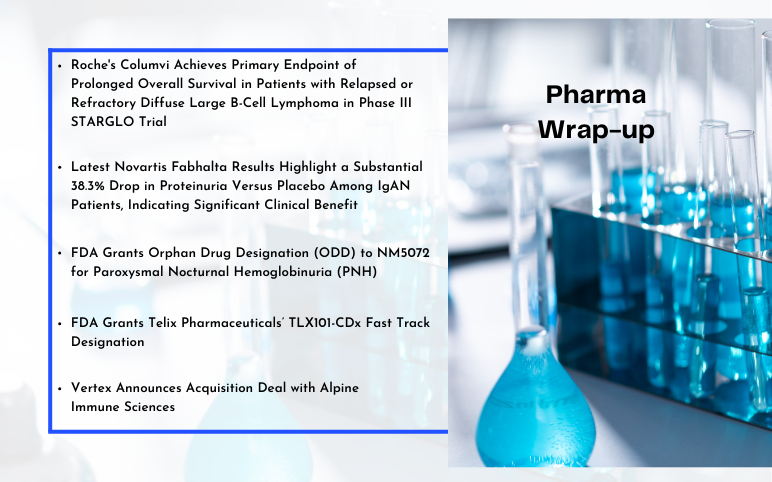

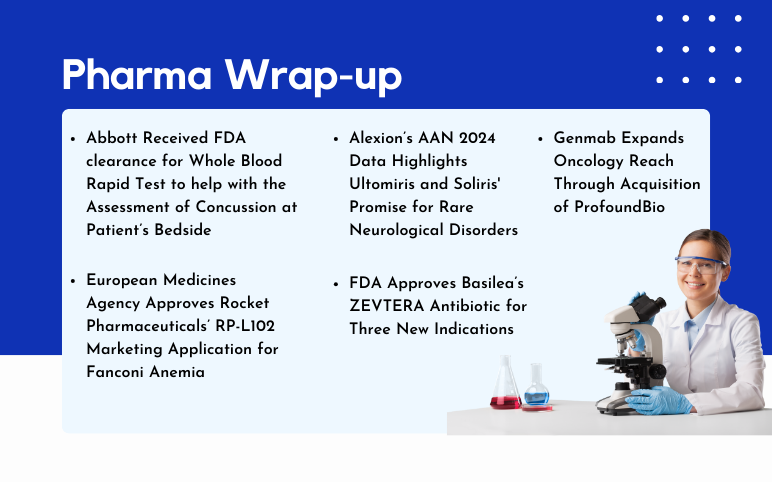
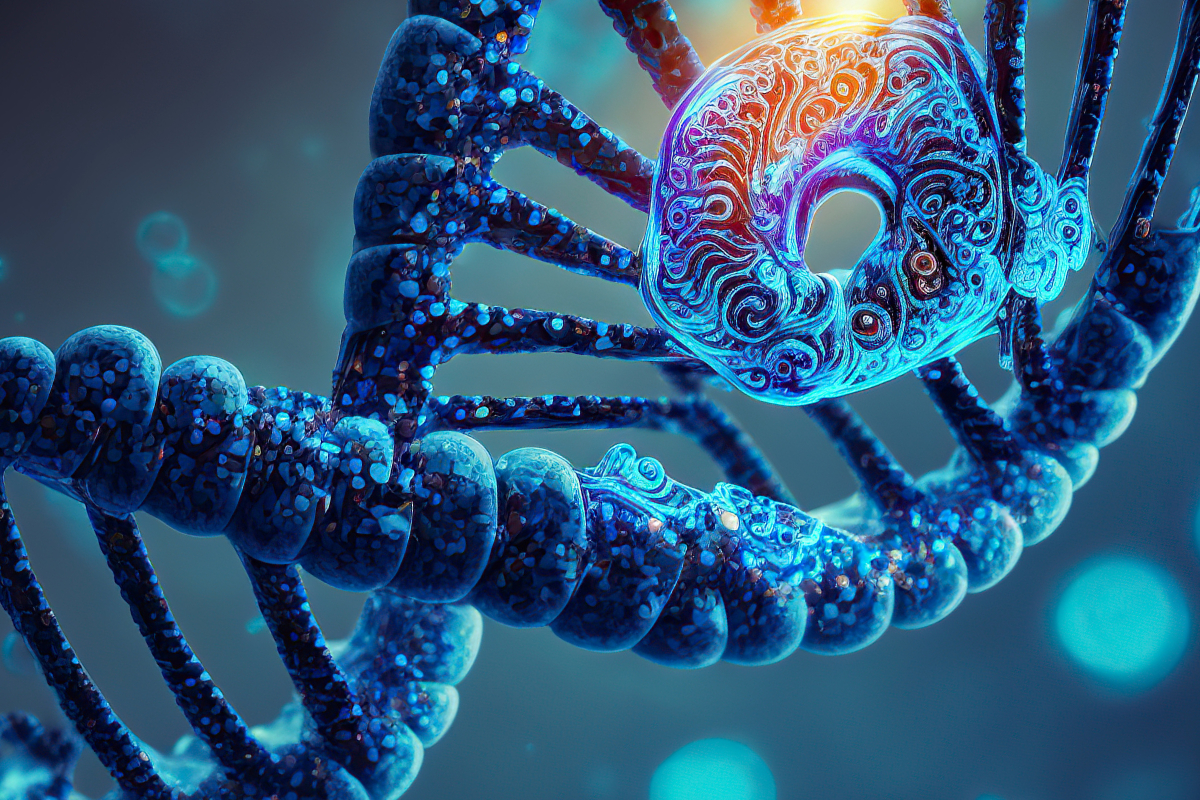
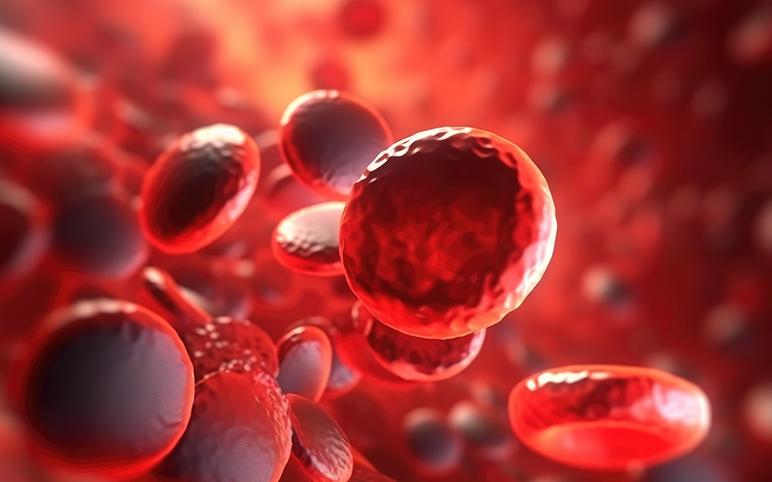
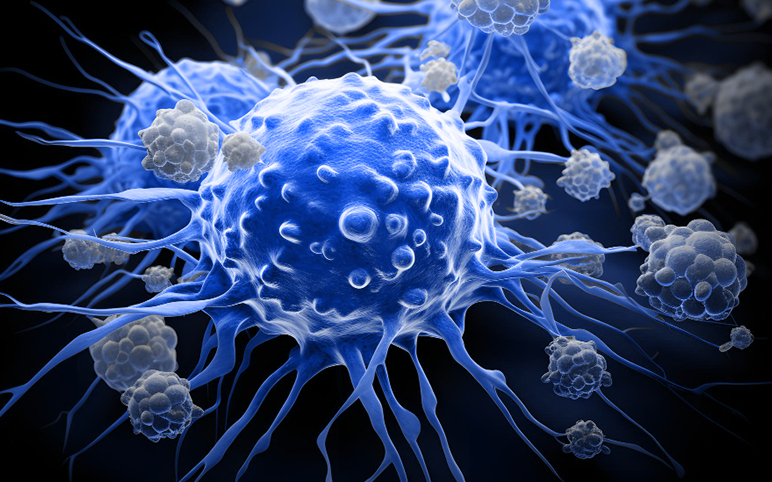

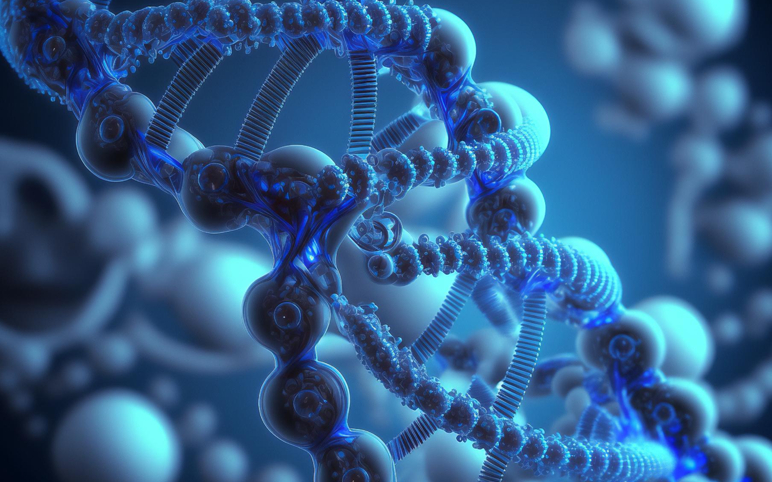
-Agonist.png)


